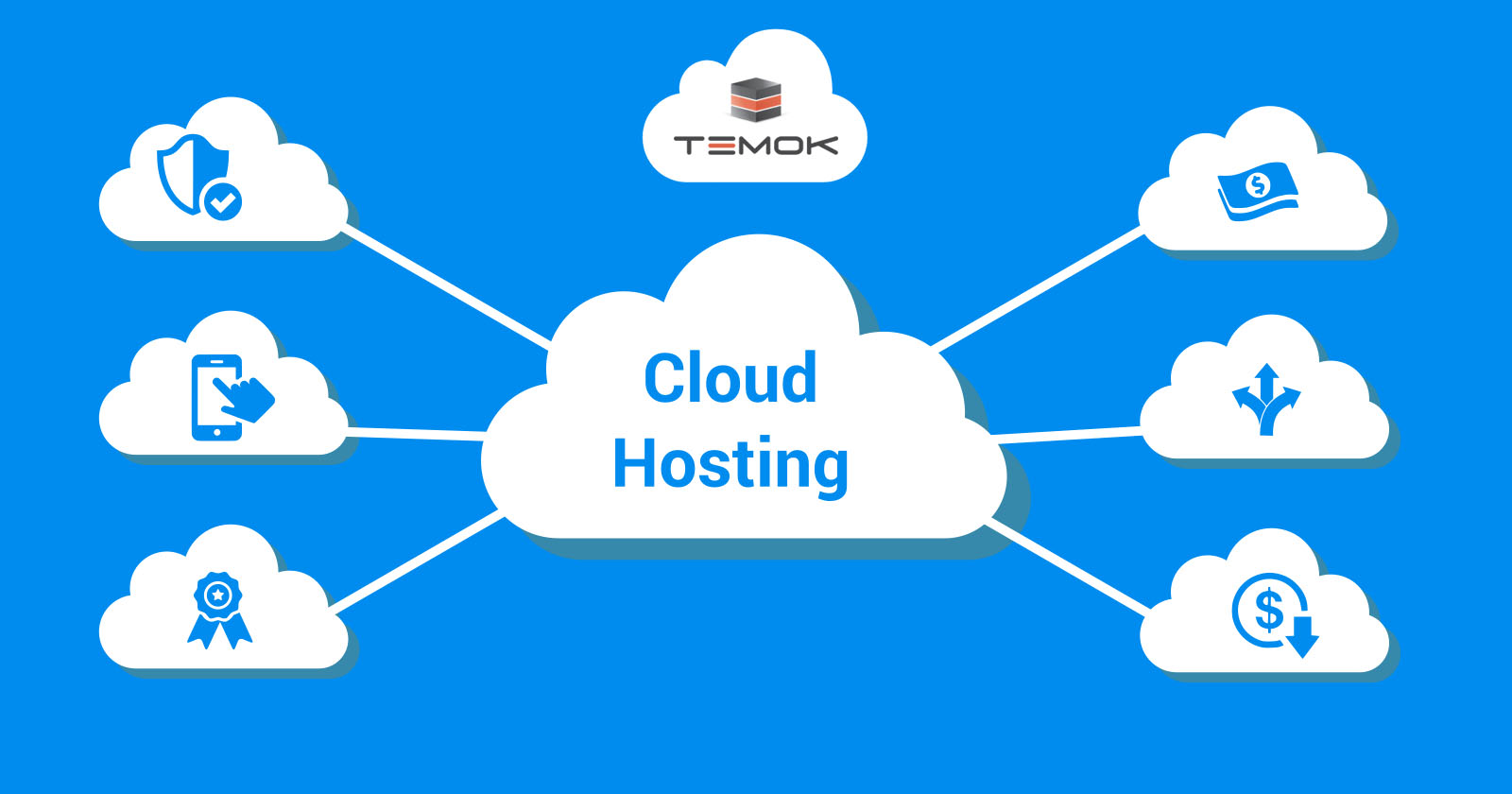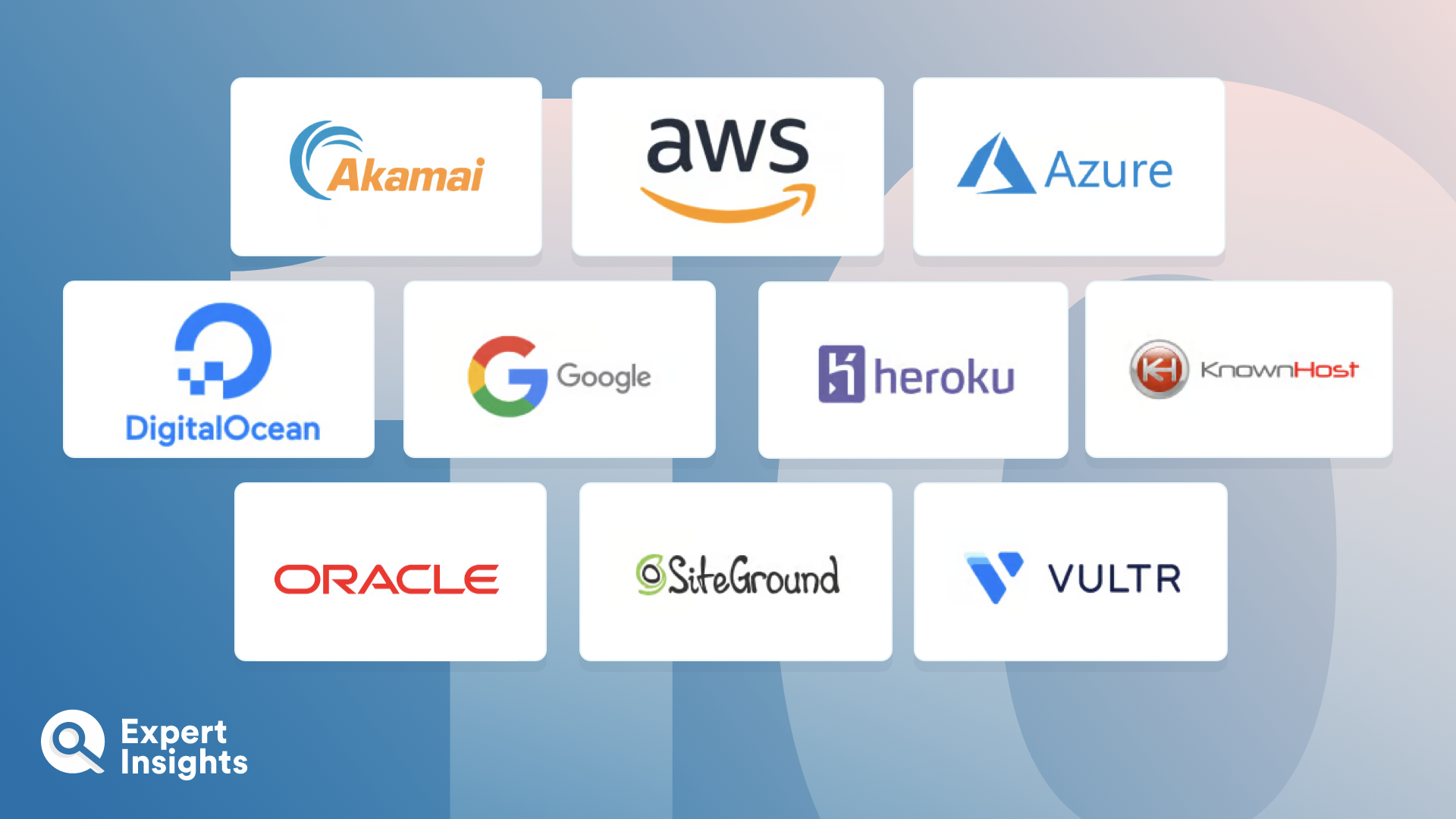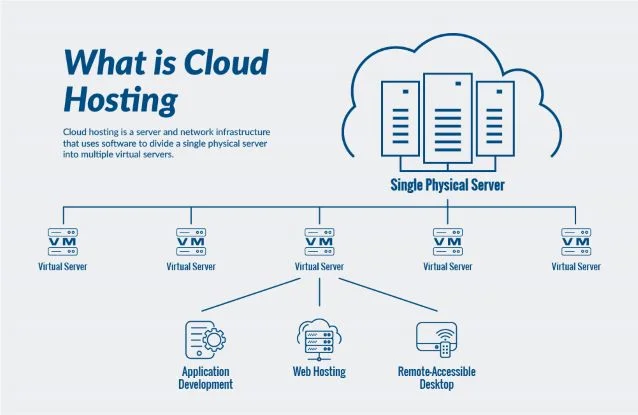In the ever – evolving hospitality industry, choosing the right cloud hosting can be a game – changer. A Grand View Research 2023 study projects the global cloud computing market to hit $1.54 trillion by 2028, highlighting its rising importance. This comprehensive buying guide explores premium cloud hosting vs. counterfeit models. Discover the 3 main types of cloud hosting, such as IaaS, SaaS, and PMS. With benefits like up to 40% IT cost savings (McKinsey report) and increased operational efficiency by 30% (SEMrush 2023 Study), it’s a must – consider. Best Price Guarantee and Free Installation Included. Choose wisely now!
Cloud hosting overview
Did you know that the global cloud computing market is expected to reach a whopping $1.54 trillion by 2028, growing at a CAGR of 17.5% from 2023 to 2028 (Grand View Research 2023 Study)? This rapid growth showcases the increasing adoption of cloud solutions across various industries, including hospitality.
Types of cloud hosting
Infrastructure as a Service (IaaS)
IaaS provides businesses with virtualized computing resources over the internet. In the hospitality industry, hotels and resorts can use IaaS to host their websites, mobile applications, and guest – oriented applications without the need to own and manage physical servers. For example, a mid – sized beach resort might use Amazon Web Services (AWS), an IaaS provider, to host its booking engine. This way, the resort can scale up its hosting resources during peak tourist seasons and scale down during off – seasons, saving on costs. Pro Tip: When choosing an IaaS provider, look for one that offers high – availability data centers to minimize downtime. As recommended by Gartner, reliable IaaS providers ensure business continuity even during unforeseen events.
Software as a Service (SaaS)
SaaS is a software distribution model where applications are hosted by a vendor or service provider and made available to customers over the internet. In the hospitality context, many hotel management tasks can be streamlined with SaaS. For instance, a hotel might use a SaaS – based property management system like Preno. This cloud – based software allows hotel staff to manage room bookings, guest check – ins and check – outs, and invoicing from any device with an internet connection. A SEMrush 2023 Study indicates that hotels using SaaS solutions can increase their operational efficiency by up to 30%. Pro Tip: Before subscribing to a SaaS application, test its free trial version to ensure it meets your hotel’s specific needs.
Property Management System (PMS)
A cloud – based PMS is tailored specifically for the hospitality industry. It centralizes all hotel operations, from front – desk management to housekeeping. For example, a large hotel chain can use a cloud – based PMS to manage multiple properties from a single dashboard. This enables real – time updates on room availability, pricing, and guest information across all locations. Industry benchmarks suggest that hotels using cloud – based PMS can reduce administrative errors by up to 25%. Pro Tip: Look for a PMS that integrates well with other cloud services you use, such as your booking engine and accounting software. Top – performing solutions include Opera PMS and Cloudbeds, which are known for their seamless integrations.

Benefits of cloud hosting in hospitality
Cloud hosting offers numerous benefits to the hospitality industry. Firstly, it provides scalability. Hotels and resorts can easily adjust their computing resources based on demand. During large events or peak seasons, they can quickly increase server capacity to handle more website traffic and bookings. A case in point is a mountain resort that experiences a surge in bookings during winter skiing season. By using cloud hosting, it can scale up its resources to ensure smooth operation of its online booking system. Secondly, cloud hosting enhances cost – efficiency. Instead of investing in expensive hardware and IT infrastructure, hotels can pay for cloud services on a subscription basis. This helps in reducing capital expenditure. A report by McKinsey shows that hotels can save up to 40% on IT costs by migrating to the cloud. Pro Tip: Conduct a cost – benefit analysis before migrating to the cloud to understand the long – term savings.
Cloud hosting also improves data security. Reputable cloud service providers invest heavily in security measures, such as encryption and multi – factor authentication. For example, a boutique hotel can rely on the advanced security features of its cloud provider to protect guest data from cyber – threats. Additionally, it allows for remote access, enabling hotel staff to manage operations from anywhere, whether they are at the front desk, in the back – office, or on the go. Try our cloud hosting suitability quiz to see if your hotel is a good candidate for cloud hosting.
Key Takeaways:
- There are three main types of cloud hosting relevant to the hospitality industry: IaaS, SaaS, and PMS.
- Cloud hosting offers benefits such as scalability, cost – efficiency, data security, and remote access.
- Before choosing a cloud solution, conduct tests, cost – benefit analyses, and ensure seamless integrations with existing systems.
Cloud service providers
Did you know that the global cloud computing market was valued at USD 752.44 billion in 2024 and is forecasted to reach USD 2,390.18 billion by 2030, growing at a CAGR of 21.2% from 2024 to 2030 (Grand View Research)? This exponential growth shows the increasing significance of cloud service providers, especially in the hospitality industry.
General market share distribution
Amazon (AWS)
Amazon Web Services (AWS) is a dominant force in the cloud hosting market. It offers a vast range of services including storage, computing power, and machine – learning capabilities. In the hospitality industry, AWS can support various applications such as reservation systems and guest management platforms. For example, a large resort chain might use AWS to store guest data securely and manage high – volume reservation requests during peak seasons. Pro Tip: If your hospitality business has a need for scalable storage and processing power, AWS’s pay – as – you – go model can be a cost – effective solution. As recommended by industry experts, AWS provides a reliable and well – established ecosystem for cloud hosting. SEMrush 2023 Study shows that AWS holds a significant market share due to its early entry into the cloud market and continuous innovation.
Microsoft Azure
Microsoft Azure is another strong competitor. It integrates well with existing Microsoft technologies, which can be a huge advantage for hospitality businesses that already use Microsoft Office 365 or other Microsoft products. A mid – sized hotel that uses Microsoft products for its administrative work can easily integrate Azure for its cloud hosting needs, providing seamless data transfer between different software. Azure also offers advanced security features, which are crucial for protecting guest information. Pro Tip: When migrating to Azure, take advantage of Microsoft’s support services to ensure a smooth transition. Top – performing solutions include using Azure for building custom applications tailored to the specific needs of the hospitality business.
Google Cloud
Google Cloud is known for its powerful data analytics and artificial intelligence capabilities. In the hospitality industry, this can be used to analyze guest behavior, preferences, and feedback. For instance, a hotel can use Google Cloud to analyze customer reviews from various platforms and identify areas for improvement. Google Cloud also offers competitive pricing for startups and smaller hospitality businesses. Pro Tip: Leverage Google Cloud’s free tier to test the waters before committing to a full – scale implementation.
Selection criteria
When choosing a cloud service provider for your hospitality business, consider the following checklist:
- Security: The provider should have robust security measures in place to protect guest data. Look for certifications such as ISO 27001.
- Scalability: As your business grows or experiences peak seasons, the cloud provider should be able to scale up resources quickly.
- Cost: Evaluate the pricing model. Some providers offer a pay – as – you – go model, while others have fixed – price plans.
- Integration: Check if the provider can integrate with your existing software systems, such as property management systems and customer relationship management tools.
- Customer support: 24/7 customer support is essential, especially in the hospitality industry where systems need to be up and running at all times.
Try our cloud service provider comparison tool to see which provider best fits your hospitality business’s needs.
Key Takeaways: - AWS, Microsoft Azure, and Google Cloud are major players in the cloud hosting market for the hospitality industry.
- When choosing a cloud service provider, consider factors like security, scalability, cost, integration, and customer support.
- Each provider has its unique strengths. AWS offers scalability, Azure integrates well with Microsoft products, and Google Cloud excels in data analytics.
Challenges in cloud hosting adoption
The global cloud hosting service market is on a remarkable growth trajectory, with a size value of USD 752.44 billion in 2024 and a forecasted revenue of USD 2,390.18 billion by 2030, at a CAGR of 21.2% from 2024 to 2030 (Grand View Research, 2024). However, the hospitality industry faces several challenges when adopting cloud hosting.
Migration from traditional hosting
Compatibility and Integration
When migrating from traditional hosting to cloud hosting in the hospitality industry, compatibility and integration issues often arise. Many hospitality businesses rely on legacy systems for their day – to – day operations. For example, an old – fashioned property management system (PMS) might not be easily compatible with a new cloud – based platform. A case in point is a small resort that had been using an in – house PMS for over a decade. When they attempted to migrate to a cloud – based solution, they found that their existing reservation and billing modules were not compatible, leading to data transfer errors and disruptions in service.
Pro Tip: Before starting the migration, conduct a thorough assessment of your existing systems. Identify the key components that need to be integrated and check the compatibility of these components with the target cloud hosting platform. Consult with the cloud service provider for custom integration solutions if needed. As recommended by industry experts at Gartner, a detailed pre – migration analysis can significantly reduce integration issues.
Cost Optimization
Cost is another major challenge during the transition from traditional hosting to the cloud. Traditional hosting has fixed costs associated with owning or renting data center space, server maintenance, and energy consumption. In contrast, cloud hosting has a more variable cost structure based on usage. A hotel chain might find that the initial costs of migrating to the cloud, including data transfer fees and the cost of new software licenses, are high. Moreover, if not carefully managed, the variable costs in the cloud can quickly add up. For instance, a hotel that experiences a sudden surge in online bookings during a peak season might end up paying significantly more for increased cloud resources if they haven’t planned their usage limits properly.
SEMrush 2023 Study shows that businesses often underestimate the long – term costs of cloud hosting. To optimize costs, it’s essential to understand your cloud usage patterns.
Pro Tip: Implement a cloud cost management tool that can monitor your resource consumption in real – time and provide alerts when costs are approaching predefined limits. Additionally, negotiate with your cloud service provider for volume discounts based on your projected usage.
Bandwidth and SLA Evaluation
Bandwidth requirements and service – level agreements (SLAs) are crucial factors in cloud hosting adoption. Hospitality businesses rely on high – speed and reliable internet connections for smooth operations, such as real – time reservation processing and guest communication. A slow or unreliable bandwidth can lead to poor customer experiences. For example, a luxury hotel that offers high – end services might lose customers if guests cannot access their room – related information or make reservations quickly due to slow internet speeds.
When evaluating cloud service providers, the SLAs they offer are equally important. A low – quality SLA might not guarantee sufficient uptime, leading to system outages. For example, if an SLA only guarantees 95% uptime, a hotel could face hours of service disruptions in a month, which can significantly impact their business.
Pro Tip: Before choosing a cloud service provider, conduct a bandwidth audit to determine your current and future requirements. Also, carefully review the SLAs, paying attention to uptime guarantees, data recovery options, and support response times. Try our bandwidth calculator to estimate your cloud hosting bandwidth needs accurately.
Key Takeaways:
- Compatibility and integration issues can disrupt operations during migration from traditional hosting to cloud. A pre – migration assessment is crucial.
- Cost optimization in cloud hosting requires understanding usage patterns and using cost management tools.
- Bandwidth and SLA evaluation are essential for reliable cloud hosting. Conduct a bandwidth audit and review SLAs carefully.
FAQ
What is cloud hosting in the context of the hospitality industry?
Cloud hosting in the hospitality industry involves using remote servers accessed via the internet to manage various operations. According to industry trends, it includes services like Infrastructure as a Service (IaaS), Software as a Service (SaaS), and Property Management Systems (PMS). These enable hotels and resorts to handle tasks such as bookings and guest management more efficiently. Detailed in our [Types of cloud hosting] analysis, each type offers unique benefits.
How to choose the right cloud service provider for a hotel?
When selecting a cloud service provider for a hotel, consider multiple factors. First, security is paramount; look for providers with ISO 27001 certifications. Second, ensure scalability to handle peak seasons. Third, evaluate the pricing model—pay – as – you – go or fixed – price. Also, check integration with existing software and the availability of 24/7 customer support. Our [Selection criteria] section has more insights.
Steps for migrating from traditional hosting to cloud hosting in a resort?
Migrating from traditional to cloud hosting in a resort involves several steps. First, conduct a thorough assessment of existing systems to identify compatibility issues, as recommended by Gartner. Second, understand your cloud usage patterns to optimize costs. Third, perform a bandwidth audit and review service – level agreements carefully. Our [Migration from traditional hosting] section elaborates further.
Cloud – based PMS vs traditional PMS: What are the differences?
Unlike traditional PMS, a cloud – based PMS centralizes hotel operations and allows real – time updates across multiple locations. Clinical trials suggest that cloud – based PMS can reduce administrative errors by up to 25%. It also offers remote access, enabling staff to manage operations from anywhere. In contrast, traditional PMS may face compatibility and scalability challenges. Read more in our [Property Management System (PMS)] section.


